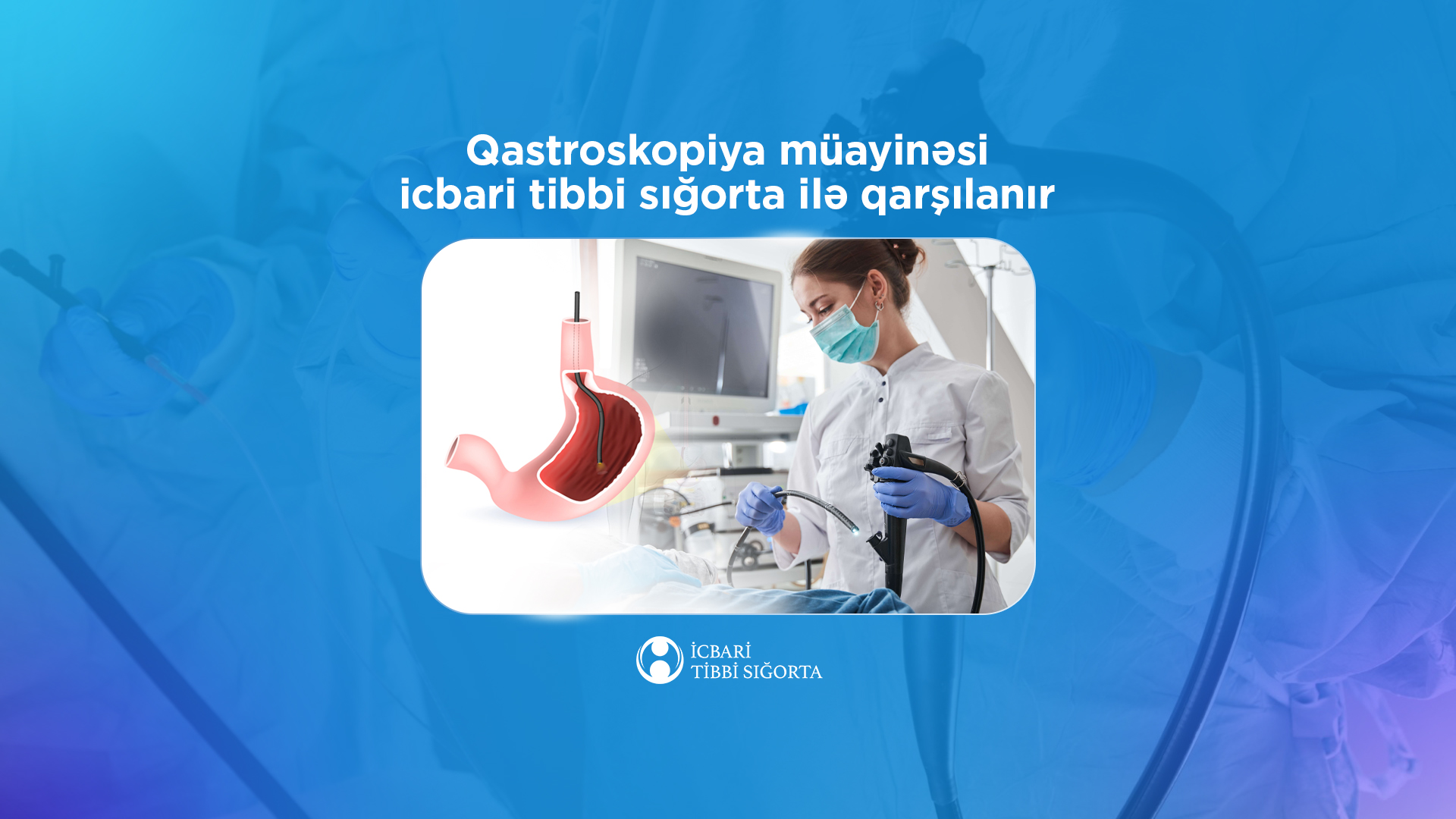 1542
1542 Gastroscopy examination is covered by mandatory health insurance
23.08.2024, 15:31
Gastroscopy, an endoscopic examination of the esophagus, stomach, and duodenum, is fully covered under mandatory health insurance. In the first six months of 2024, 24,857 gastroscopy examinations were conducted under this coverage.
Indications for gastroscopy include nausea, vomiting, loss of appetite, persistent stomach pain, difficulty swallowing, a feeling of heaviness or quick satiety after eating, upper abdominal pain, diarrhea or constipation, anemia, gastrointestinal bleeding, and other symptoms. Gastroscopy is performed using a gastroscope—a long, thin, flexible tube with a camera lens at the end. The tube is inserted through the mouth to examine the esophagus, stomach, and duodenum.
Gastroscopy provides detailed information on the condition of the mucous membranes in the upper gastrointestinal tract, helping to detect inflammation, ulcers, and other diseases. Other diagnostic methods, such as ultrasound, CT, or MRI, cannot offer as precise an image of these areas.
Gastroscopy may be performed urgently or as a planned procedure. Urgent gastroscopy is typically done in cases of gastrointestinal bleeding or when a foreign body is present in the esophagus or stomach. This procedure can help diagnose and resolve the issue, such as stopping bleeding or removing foreign objects. Planned gastroscopy is recommended for patients with chronic conditions in the esophagus, stomach, or duodenum. Patients are required to fast for 6-12 hours before the procedure to ensure an empty stomach.
The procedure may be conducted under local anesthesia or with general anesthesia (sedation). Gastroscopy usually takes 4–5 minutes with local anesthesia and approximately 35 minutes with sedation. After the procedure, patients can generally resume their normal activities. The anesthesia service is covered by mandatory health insurance, whether performed in outpatient or inpatient settings. If any pathological changes are detected, a biopsy and histological examination of the suspicious tissue are also covered.
Some contraindications may restrict planned gastroscopy, particularly in cases of severe respiratory and cardiovascular issues, recent myocardial infarction, significant spinal or chest deformation, acute cerebral circulation disorders, and other conditions. Therefore, a patient’s health status must be assessed before undergoing the examination.
Gastroscopy is performed by qualified doctors in state health facilities under TABIB, scientific research institutes under the Ministry of Health, and private medical facilities contracted by the Agency, based on medical indications.
Last News
Allergiyaların diaqnostika və stasionar müalicəsi icbari tibbi sığorta hesabına göstərilir

Mərkəzi Neftçilər Xəxtəxanasına müasir tibbi avadanlıqlar ianə edilib

Ağciyərlərə yığılmış mayenin çəkilməsi məqsədilə 5643 prosedur icra olunub

Pirallahı Tibb Mərkəzinə media-tur təşkil olunub

“Yanıq yaralarının müalicəsi” mövzusunda təlimə start verilib

MRT və KT müayinələri üçün yeni ödəmə qaydası tətbiq olunacaq

Zaur Əliyev Ağcabədi rayonunda vətəndaşları qəbul edib

İcbari tibbi sığorta ilə 50 mindən artıq angioqrafiya müayinəsi aparılıb

Türkiyənin Sosial Müdafiə Qurumunun nümayəndə heyəti Azərbaycana səfər edib

Qadınlarda yumurtalıq xərçəngi riskini azaldan əməliyyat icbari tibbi sığorta təminatına daxildir


 View all news
View all news 